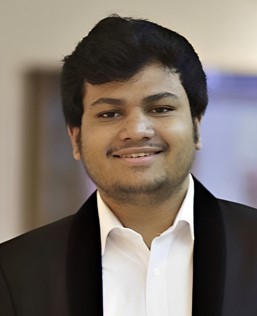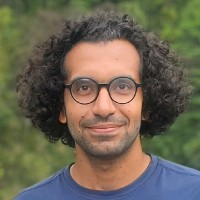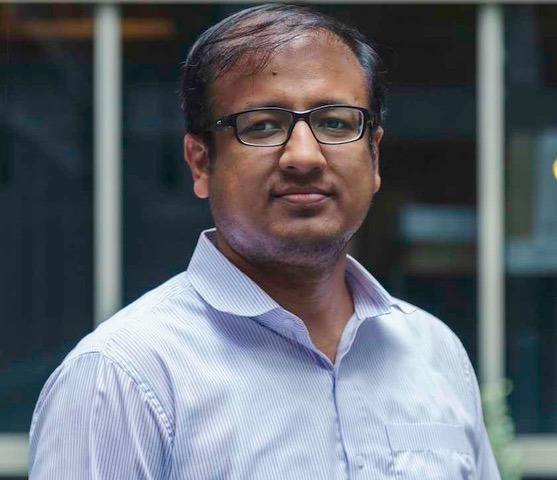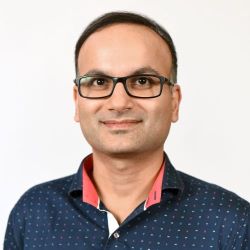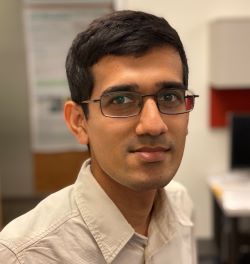Sparse Computing and Large Language Model: from AI 1.0 to AI 2.0
ISEB 4020 Interdisciplinary Science and Engineering Building, Irvine, CA, United StatesTitle: Sparse Computing and Large Language Model: from AI 1.0 to AI 2.0 Speaker: Prof. Guohao Dai Date and Time: Friday, November 3rd, 10:30 am Location: ISEB 4020 Abstract: General Artificial Intelligence is going through a new development stage from Computation AI, Perception AI, to Cognition AI, with the new trends of big data, multi-modality, […]


